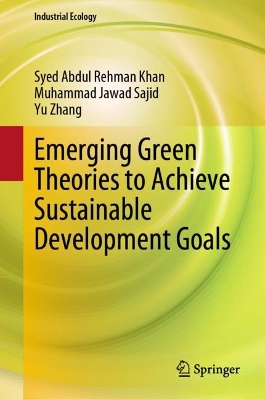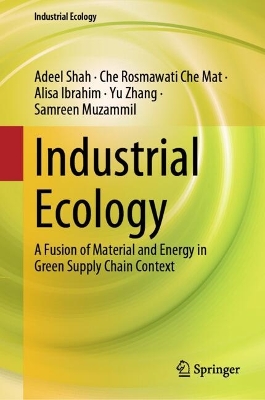Industrial Ecology
2 total works
Emerging Green Theories to Achieve Sustainable Development Goals
by Syed Abdul Rehman Khan, Muhammad Jawad Sajid, and Yu Zhang
Industrial Ecology
by Adeel Shah, Che Rosmawati Che Mat, Ibrahim Alisa, Yu Zhang, and Samreen Muzammil
This book provides readers with insight into current industrial ecology practices in developing and developed countries, how it impacts sustainability, and why it is becoming more relevant. The book affects the audience to understand the scarcity of raw materials because of COVID-19 lockdowns and rising population and resulting demand. The chapters in the book shed light on the best practices to increase sustainability practices, leading to an increase in the triple bottom line. Governments around the globe are striving to meet United Nations Sustainable Development Goals 2030. Based on current trends, governments, due to the COVID-19 pandemic, will miss the target. For achieving the goals, current and future (grad students) managers should be educated to achieve the targets early. The inculcated idea of industrial ecology will enable managers to think in the right direction and use out-of-the-box ideas to increase sustainability in short-term and long-term solutions to their immediate problems and future threats and weaknesses in the Post COVID-19 era.

